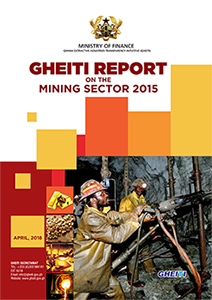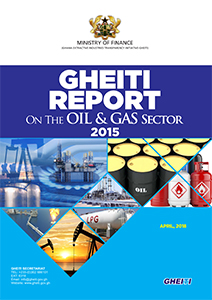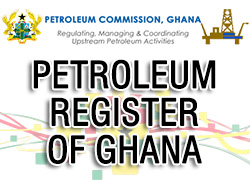| Transparency in petroleum sector still questionable- lEA |
 |
 |
 |
|
By Frederick Asiamah The Ghana government is still far from excellent performance as far as transparency in the petroleum sector is concerned, according to a new report by the Accra-based think tank, the Institute of Economic Affairs (IEA). In its Petroleum Transparency and Accountability Index (IEA P- TRAC Index), which monitors progress made in respect of the transparent management of the oil and gas sector in the year 2011, the IEA scores government 59.7%, which is just below the B+ grade if the grading system of the School of Research and Graduate Studies of University of Ghana were used as a yardstick. On the same assumption, the IEA P-TRAC Index gives a C grade (fail) when talking specifically about how transparently government managed petroleum funds in 2011. The index, launched last Wednesday in Accra, awarded a score of 44%. However, the researchers have been faulted for not factoring into their research the progress made with the Extractive Industries Transparency Initiative (EITI) process. Representatives of Tullow Ghana and the Ghana Chamber of Mines who were at the launch drew attention to the progress made with the EITI, arguing that the non-inclusion of the initiative did not give the report a full reflection of happenings on the ground. Nonetheless, the index, a first since the production of oil began in the Jubilee Field in December 2010, was hailed as a good effort that will form the basis for future evaluation of transparency in the management of the petroleum sector. Why P-TRAC? "In this regard, the IEA believes that one way to promote transparency and accountability in the sector is by making information freely available to the public about activities in the sector." It stressed: "Transparency has a number of benefits" and stated that "Increased transparency is associated with lower corruption levels and improved levels of socio-economic and human development indicators." In constructing the index, the researchers relied on data collected on four distinguished key components of petroleum governance: revenue transparency, contract transparency, and transparency in the management of petroleum funds. A key reference point for the research was the Petroleum Revenue Management Law of 2010. Findings Under the revenue transparency, the researchers gave an average score of 64.3%, suggesting that there is still room for improvement. For instance, Prof. Asafu-Adjaye emphasized the need to introduce further enabling legislation and to provide adequate resources to government bodies charged with monitoring the oil and gas revenues. Government scored slightly lower in expenditure transparency (63.9%) due to lower frequency of reporting. In terms of contract transparency, an average score of 66.7% was awarded but Prof. Asafu-Adjaye said a number of improvement are required such as more public disclosure of information on contract, including negotiating terms for exploration and production, as well as the process of licensing. On this point, he advocated the speedy passage of the Right to Information (RTI) Bill into law. The RTI bill has been pending years. Specifically, the researchers recommended that although there is no constitutional mandate for agencies such as the Ministry of Energy, Ghana National Petroleum Commission, and the Ghana Revenue Authority to publish information (such as prices, volumes, production costs, taxes, etc.) on the oil and gas industry on their websites, "we strongly recommend frequent publication of information by all line agencies to enhance transparency and accountability." In addition, "Efforts should be made to build capacity of and adequately provide resources for key public agencies such as the Petroleum Commission, the Public Interest Accountability Committee and the Public Accounts Committee (PAC) that have the oversight responsibilities over the oil and gas industry." The researchers also called for the prompt passage of certain key pieces of legislation including the Petroleum (Exploration and Production) Bill, the Ghana EITI Bill, and the Marine Pollution Bill. |










